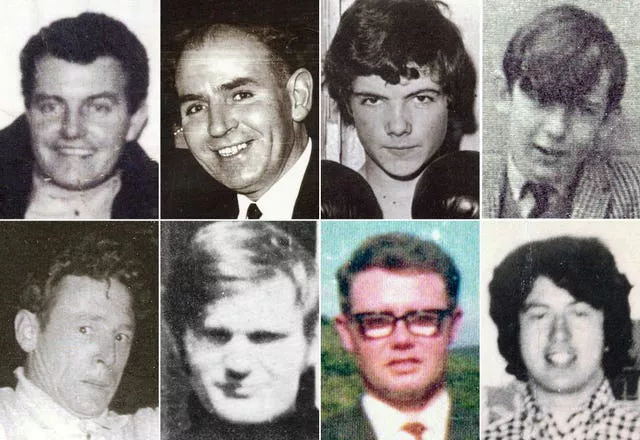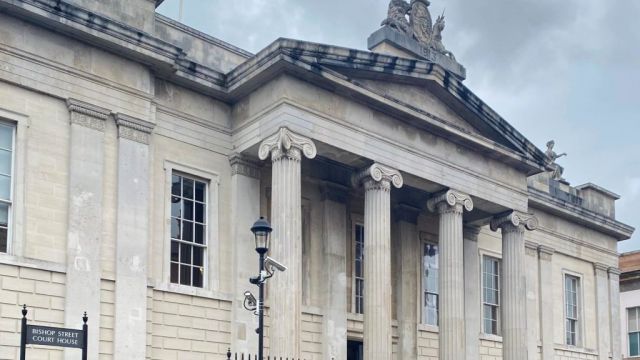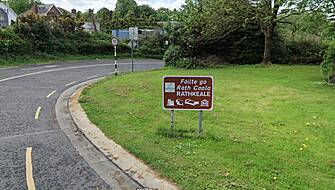A former soldier is to stand trial accused of two murders on Bloody Sunday in Derry in 1972.
Former paratrooper Soldier F, who cannot be identified, is accused of murdering James Wray and William McKinney when members of the Parachute Regiment shot dead 13 civil rights protesters on the streets of the city.
He is also charged with five attempted murders.
During a hearing in Derry on Thursday, Soldier F was sent for trial at a date to be fixed at Belfast Crown Court.
Bloody Sunday was one of the darkest days in the history of the Northern Ireland Troubles.
Thirteen people were killed on the day and another man shot by paratroopers died four months later.
Many consider him the 14th victim of Bloody Sunday, but his death was formally attributed to an inoperable brain tumour.

Mickey McKinney, brother of William McKinney, said he welcomed the decision to return Soldier F for trial.
He said: “This development has been a long time in coming.
“Next month represents the 52nd anniversary of the events of Bloody Sunday. Witnesses are dying and becoming unavailable.”
The PPS previously called a halt to the prosecution of Soldier F in 2021, citing concerns the case could collapse if it went to trial.
The decision to halt proceedings was challenged by Mr McKinney’s family and last year the Divisional Court of the High Court in Belfast overturned the PPS’s move.
After reviewing its position, the PPS decided to resume the prosecution.

SDLP leader Colum Eastwood expressed his solidarity with the Bloody Sunday families.
He said: “My thoughts are with all of the Bloody Sunday families, particularly those of William McKinney and James Wray, on what will be a very difficult day for them.
“Their bravery over the past five decades has been astounding, and they have shown great strength in pursuing justice for their loved ones, no matter how many obstacles the establishment put in their way.
“The events of Bloody Sunday have shaped our city and reverberated around the world.
“Rather than be consumed by the events of that day, families have instead shone as a beacon of hope for oppressed people everywhere.”







